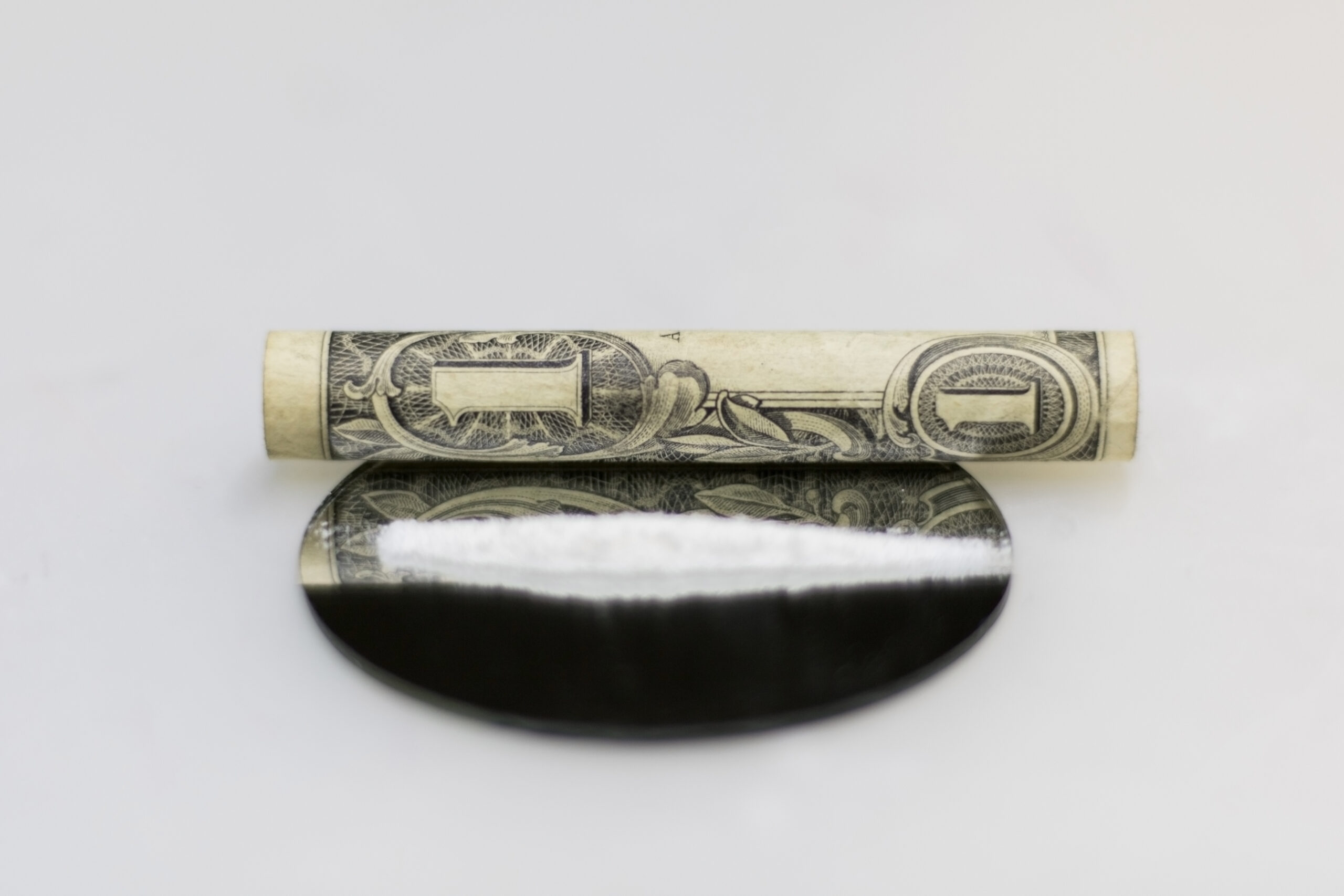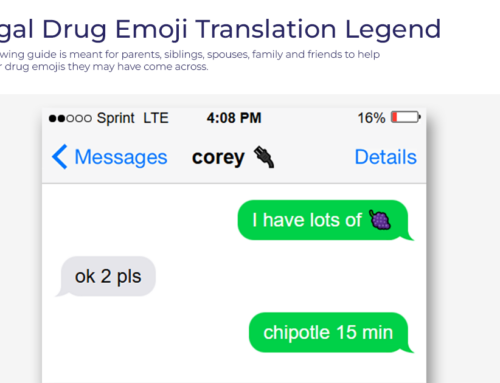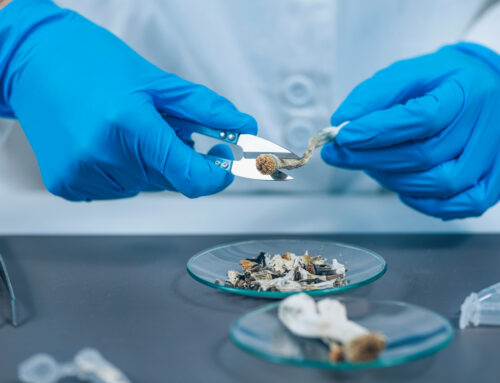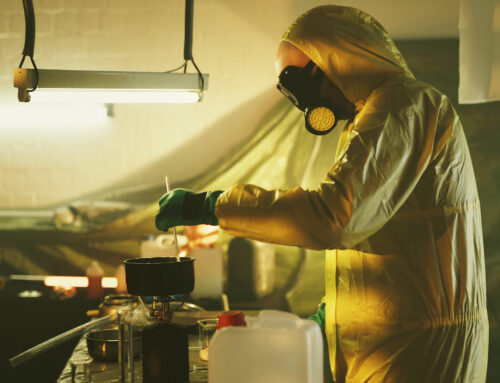Cocaine has been a part of American culture since the late 19th century. Once legal in all its forms, it was found in numerous over-the-counter “health elixirs” and tonics. It even made a brief and often exaggerated appearance in the predecessor to Coca-Cola called “French Coca Wine”. It took a few decades for America and the rest of the Western world to recognize the danger of cocaine addiction.
This Achieve Wellness and Recovery article takes an unflinching look at cocaine addiction in America and the treatment it takes to get off of cocaine for good.
‘I Thought Cocaine Wasn’t That Addictive’
A common misconception people have is that cocaine is somehow “safer” than opioids and other addictive substances. Some people imagine that cocaine addiction doesn’t lead to the severe physical withdrawal symptoms associated with alcohol, benzo, or opioid withdrawal. People sometimes think they can avoid cocaine addiction as long as they only snort powder cocaine and never freebase or smoke crack cocaine.
The idea that it’s possible to use cocaine “safely” and recreationally is a myth. While there are people who have gotten away with using it only occasionally — for each of them, there are 100 or more who become addicted. Cocaine addiction is especially insidious. Many people use cocaine for the first time when they are drinking. Alcohol lowers our inhibitions. Someone who ordinarily would never think of using cocaine might impulsively accept a “key bump” in a bar or nightclub bathroom.
That’s all it takes to set the hook. Cocaine addiction is that dangerous.
Am I Addicted to Cocaine?
If you’re already addicted to cocaine, you may not even be fully aware of it. Part of the reason addiction to cocaine or other substances is so dangerous is that it becomes very easy for us to lie to ourselves and minimize our use.
It can be helpful to think of coke addiction as a monster that lives inside of you. It is forever plotting ways to find and use cocaine. This monster will supply you with endless excuses to keep using.
Nearly everyone who develops a substance use disorder becomes addicted before they realize it’s happened. Below are some things you can ask to pierce the veil of lies you may be telling yourself.
Questions to ask to determine if you may be addicted to cocaine:
- Do you find yourself daydreaming about using cocaine again?
- If you don’t have cocaine for a night out, does that ruin your evening?
- Have you ever had financial trouble due to spending money on cocaine?
- Have you lost friends or romantic partners due to your cocaine use?
- Have you ever sold a prized possession or stolen to get money for cocaine?
- Has a friend or loved one said they’re worried about your cocaine use? More than once?
- Will you refuse to go to a party or on a trip when cocaine won’t be available?
If you said ‘yes’ to even one of the questions above, there is an excellent possibility that you are either already addicted to cocaine or soon will be. Trust us — we’re not just being dramatic here. We have seen the damage that cocaine abuse does to individuals and families.
Never make the mistake of thinking you’re too clever or strong to get addicted to cocaine. You’re not. No one is.
What Makes Alcohol and Cocaine So Dangerous Together?
Many, if not most people try cocaine for the first time when they are drinking. People who are already addicted to cocaine often like to use it in combination with alcohol. That makes it more likely to be offered to you when you’re drinking with others. Alcohol lowers our inhibitions making it more likely you’ll accept the offer. Most people think people combine coke and booze because cocaine offsets the depressant effect of alcohol and makes it possible to party longer, but this is only part of the reason.
What most people don’t know is that when cocaine and alcohol are taken together, a third drug is metabolized in the body. This unique substance is called cocaethylene and it’s far more addictive and toxic to the body than either cocaine or alcohol alone. Cocaethylene’s effects range from euphoria to loss of coordination, focus, and judgment. If you find yourself craving cocaine and seeking it out when you drink alcohol, cocaethylene is the most likely reason why.
Why the combination of cocaine and alcohol is so dangerous:
- Cocaine + alcohol become an extremely addictive drug called cocaethylene in the body.
- Cocaethylene addiction is what makes people seek out cocaine when they’re drinking.
- Cocaethylene is highly toxic to the body. It causes brain, liver, and heart damage.
- Combining cocaine and alcohol increases your risk of stroke or heart attack.
Cocaine Addiction Treatment at Achieve Wellness & Recovery
Cocaine addiction treatment is more effective today than it has ever been. If cocaine is ruling your life or tearing your family apart, Achieve Wellness & Recovery can help. We offer evidence-based dual-diagnosis substance abuse treatment with compassion.
Our mission is more than to simply get you or your loved one out of the line of fire. Here we work to make people stronger. We empower our patients with the tools they need for long-term sobriety and continued personal growth long after treatment.
Make no mistake, recovery is a lifestyle. But if you or the one you love is ready and willing to try a new way of living — we can help them recover from cocaine addiction.
Just some of the elements of cocaine use disorder treatment here include:
- Detox placement at a dedicated medical facility
- Partial Hospitalization Program (PHP)
- Intensive Outpatient Program (IOP)
- Outpatient treatment for cocaine addiction
- Aftercare planning & alumni support
Make a change today — Call Achieve Wellness and Recovery at (833) 680-0142
You can also click here to find out how our program can work with your insurance.








